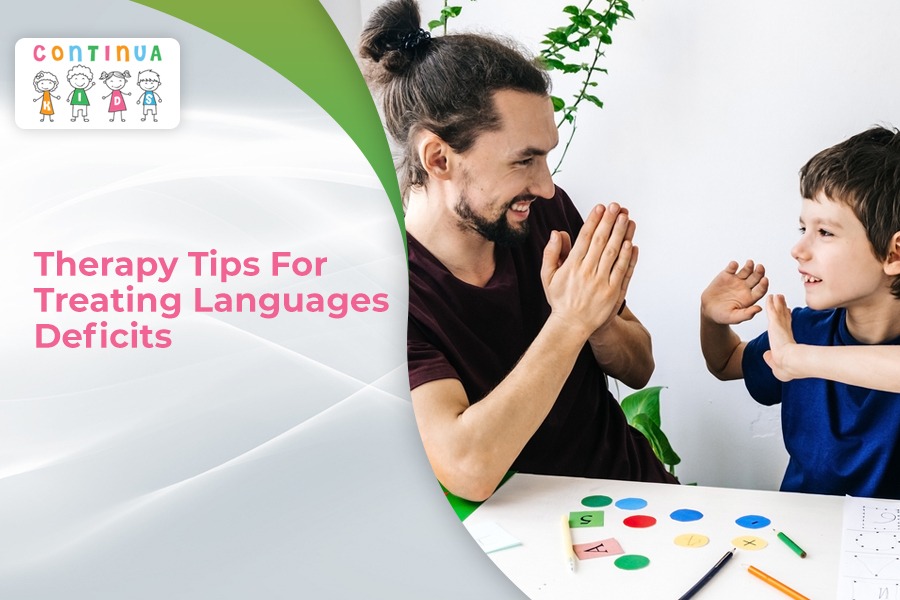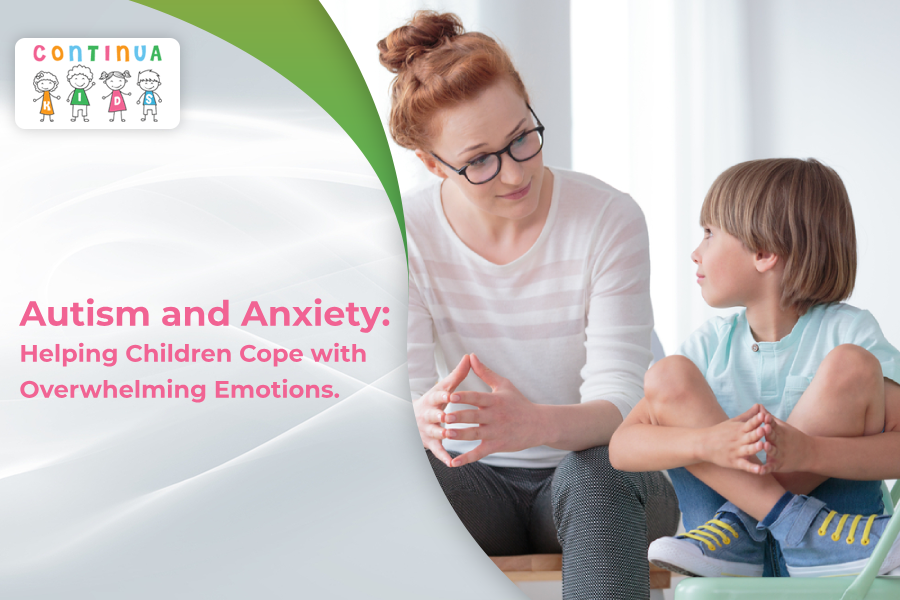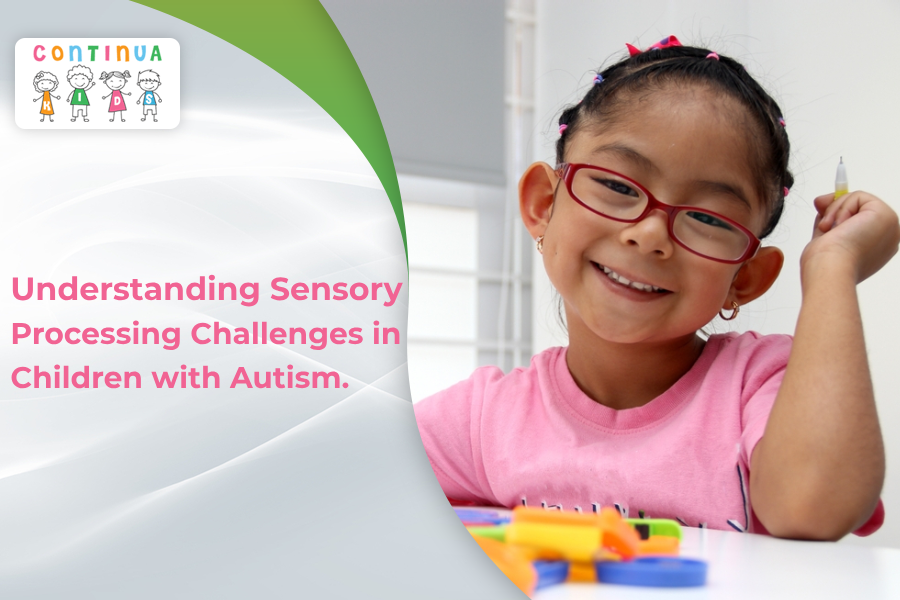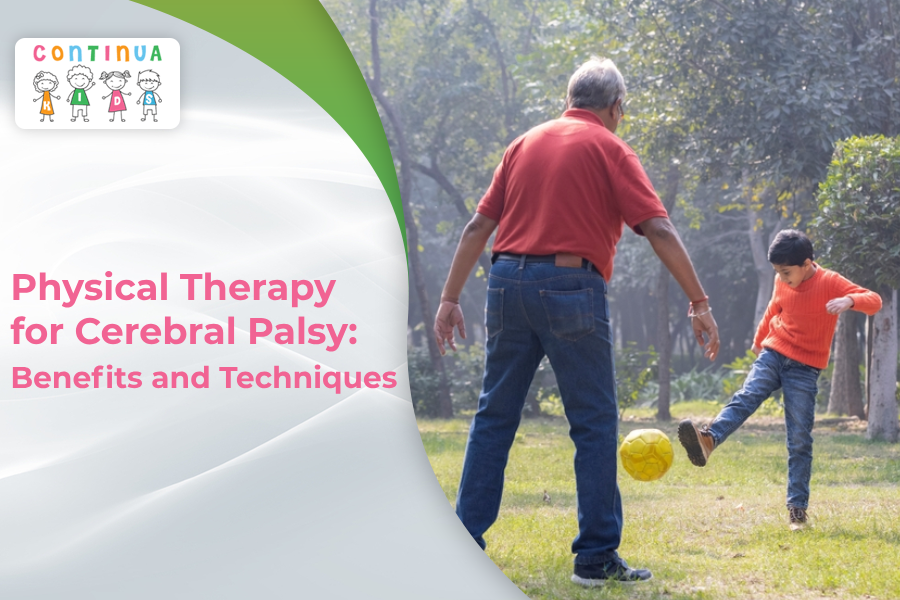Therapy Strategies For Improving Language Skills
If you\’re struggling with language skills, you\’re not alone. Many people experience difficulty communicating due to language deficits. Therapy can be extremely beneficial for improving language skills, and many strategies can be used to achieve this goal. In this blog, we\’ll outline some of the most common strategies for the therapy of language deficits.
First and foremost, it is crucial to assess the severity of the language deficit to develop customized therapy plans. This information will help to determine which strategies are most effective and where additional support may be needed. Additionally, it is important to understand how a lack of language skills affects communication, cognition, and emotions. By understanding these relationships, therapists can develop more effective interventions that address the root cause of the problem.
Another key strategy for the therapy of language deficits is incorporating toys and games into sessions in order to increase engagement and motivation. Providing patients with stimulating material they enjoy makes them likelier to stick around long enough for treatment to have an impact. Additionally, playing with children helps them learn how words work together and encourages creativity and curiosity – two essential qualities for improving vocabulary and overall cognitive development. Also, you have to realize that only those games would help that engage real communication and physical interaction. For example, video poker games for free won\’t do any help and only could make the things worse.
Finally, it\’s important for therapists to see results from their treatments as quickly as possible to continue seeking opportunities to improve their patient\’s language skills. Research has shown time and time again that therapy interventions are highly effective when used consistently over an extended time (usually six months or more). To help promote self-awareness and self-expression among patients struggling with language deficits, it is important to teach them basic conversation skills and social interaction techniques such as role-play.
Cognitive Behavioral And Play-Based Techniques For Language Development
Language development is a complex process that starts with exposing your child to a rich language-rich environment. This can be done through structured activities, visual aids, and positive verbal interactions with peers and adults. However, it\’s important to focus on the right cognitive behavioral strategies to maximize your chances of success.
By introducing a language-rich environment, you are encouraging your child to explore their surroundings and learn about the language they are using. Structured activities can be designed in such a way that they promote speaking, listening, reading, writing, and grammar skills. Additionally, visuals can enhance comprehension by promoting images related to the topic. This way, you teach your child about the language being used and reinforce what they have learned.
Engaging your child in meaningful interactions is another key element of successful language development. You are helping them develop social skills essential for future success by providing opportunities for discussion and play. Play-based techniques can also help children develop important cognitive skills like problem-solving and critical thinking while having fun!
Last but not least is incorporating remedial activities into your intervention plan. By providing opportunities for practice throughout the day and during specific interventions (like group sessions), you ensure that your child reaches their full potential in language development. In addition to these traditional interventions, play-based techniques can be extremely beneficial in promoting early literacy development among kids who struggle with vocabulary or grammar concepts.
Conclusion
Language deficits can significantly negatively impact a person\’s ability to communicate, learn, and interact with others. However, many therapy strategies can be used to help improve language skills. Many techniques can be used to achieve success, from assessing the severity of the language deficit to incorporating toys and games into sessions. Additionally, cognitive-behavioral and play-based techniques can also be beneficial for promoting early literacy development among children who struggle with certain concepts. With these tips in mind, therapists can provide their patients with the best care for their language deficits.




